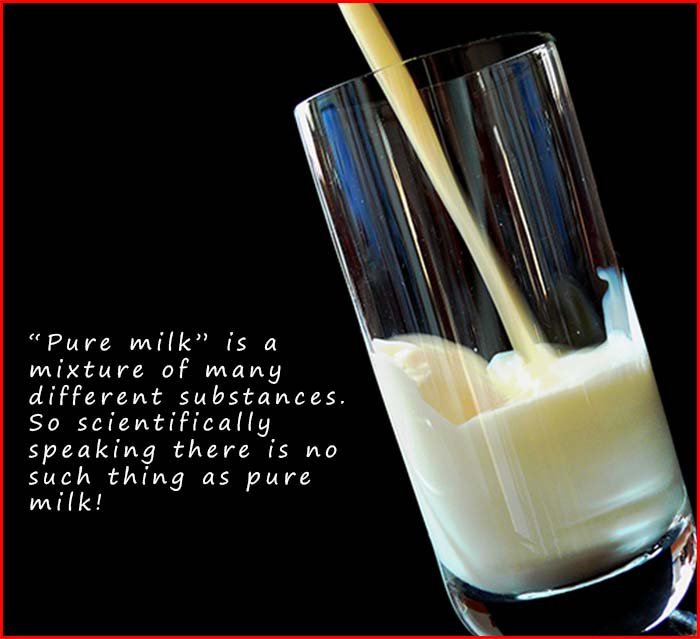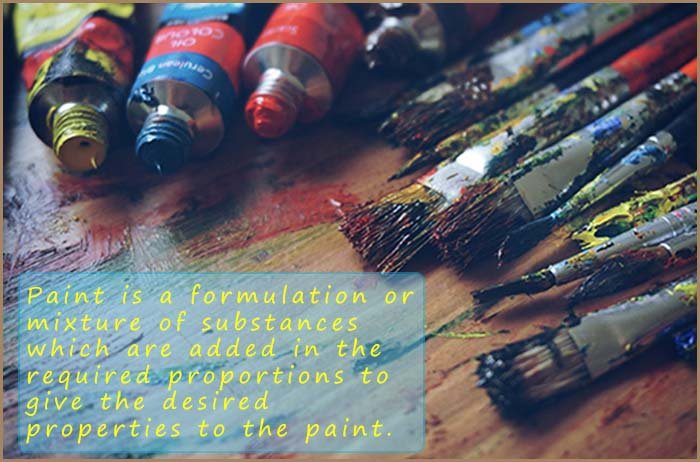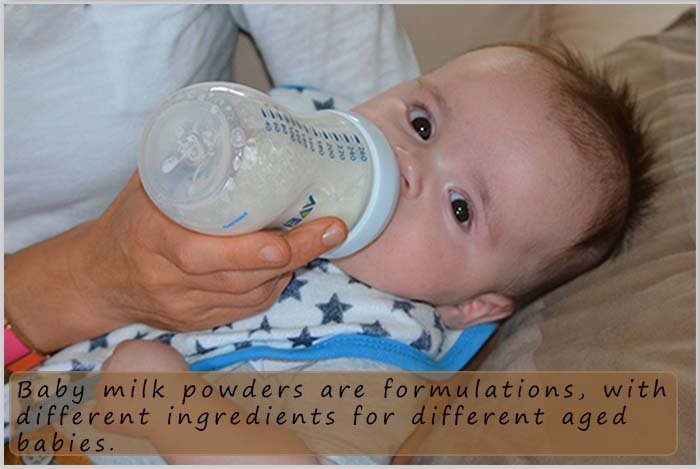

Higher and foundation tiers

In everyday language there are many words which are commonly used which have a different meaning in
science. One such word is "pure". You may see adverts for
pure orange juice or pure milk. In science
a pure substance is one which contains only a single element or
compound. Milk and orange juice are
mixtures and are not pure substances. Milk for example contains
a mixture of water, fat, proteins, sugars,
vitamins and minerals and so it is not a pure substance but a
mixture of many substances. In this case where for example the label on a bottle of orange juice describes it as pure it is
referring to the fact it is in its natural state and has had nothing added to it.
A pure substance made up of only one element or compound will have
a sharp melting and boiling point. For
example water boils at 1000C and melts at 0oC, if there are
impurities in the water then it is no longer
just water and its melting and boiling points will no longer be 1000C and 0oC.
You can use the melting
and boiling points of a substance to determine just how pure it is, the closer the melting and boiling
points are to those in a data book for the substance then the purer the sample you have will be.

Formulations are mixtures of substances specifically designed for a certain purpose. Paint is a formulation; it contains:
 A look at the composition label will tell you the amounts of each ingredient in the mixture or formulation.
Other formulations include medicines, fertilisers, alloys and foods. Baby milk powders are
available with many different formulas where each formula or formulation is designed to meet the
needs of the baby at a particular stage in its development.
A look at the composition label will tell you the amounts of each ingredient in the mixture or formulation.
Other formulations include medicines, fertilisers, alloys and foods. Baby milk powders are
available with many different formulas where each formula or formulation is designed to meet the
needs of the baby at a particular stage in its development.